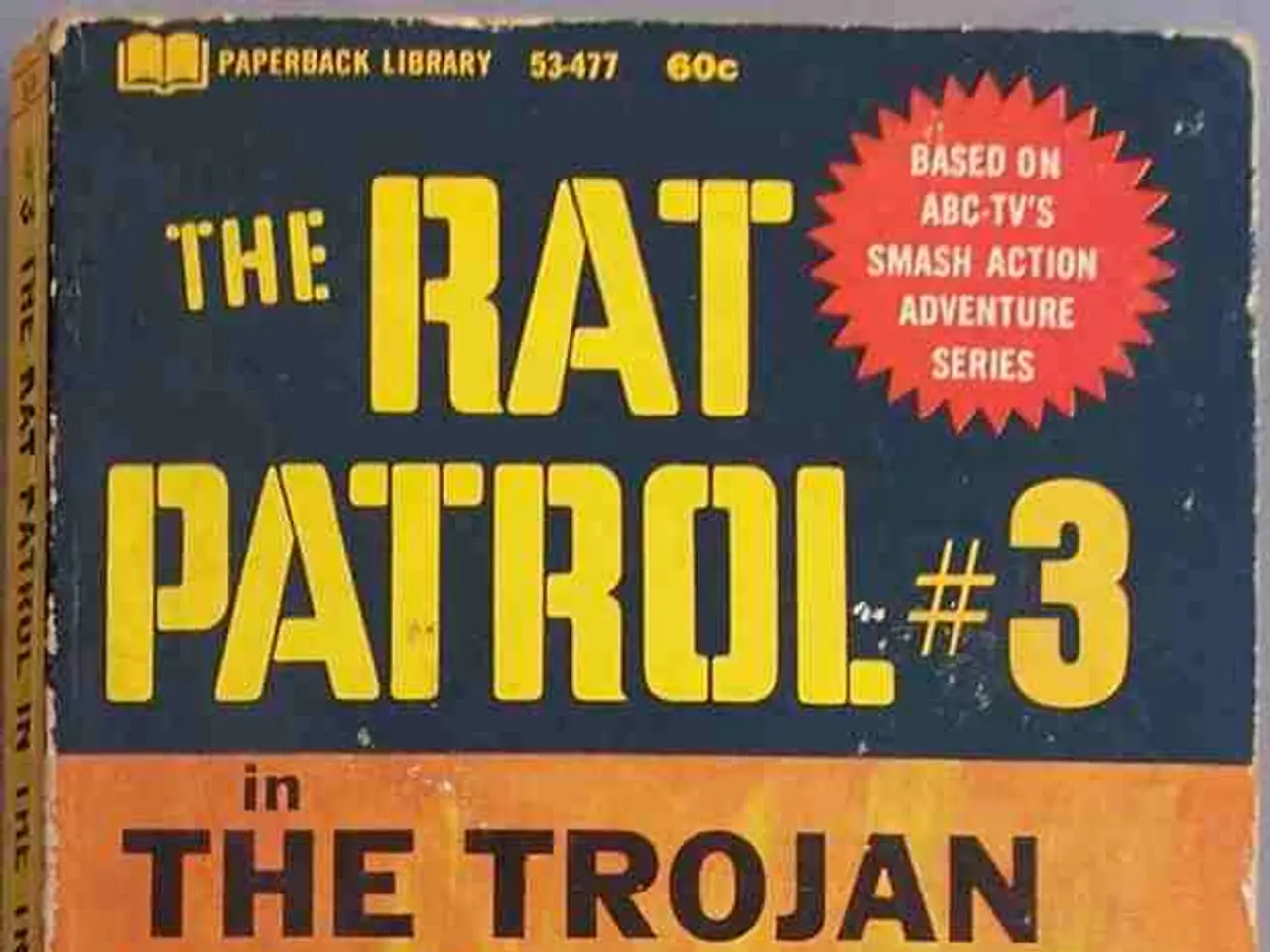"Russian Journalist, Sergey Parkhomenko, Accuses Vladimir Putin of Personally Profiting from Russia's 1945 Victory"
Sergei Parkhomenko: A Journey Through Journalism and Civic Activism
Meet Sergei Parkhomenko, a renowned Russian journalist, publisher, and activist, born on March 13, 1964, in Moscow, Soviet Union. His career in journalism spans over three decades, and he's best known for founding the influential Russian news magazine, Itogi, in 1996 in partnership with Newsweek.
But Parkhomenko's influence doesn't end there. He's been the driving force behind several civic initiatives. One such initiative is Dissernet, a platform that traces plagiarism in Russian science, co-founded with Andrey Rostovtsev. Another notable project is Last Address, which installs commemorative plaques for Stalin's victims on buildings in major cities like Moscow, St. Petersburg, and Yekaterinburg. Additionally, he's the brainchild behind the Society of Blue Buckets, a movement combating privileged road vehicles in Russia.
During the Russian protests of 2011–2013, Parkhomenko played a significant role as a leading figure. He was elected a member of the Russian Opposition Coordination Council in 2012 and co-founded the League of Voters, a group focused on combating election fraud.
In recent years, Parkhomenko has been living in exile since 2021. Despite this, he continues to be active, associating with projects critical of the Russian government, such as the Redkollegia project. This venture, funded by philanthropist businessman Boris Zimin, rewards unaffiliated Russian journalists monthly for the quality of their work.
In his commentary and analysis, Parkhomenko frequently discusses political issues. One such topic is the transformation of the militaristic propaganda surrounding World War II commemorations in Russia under Putin's leadership. These celebrations, he notes, have evolved from heartfelt, painful reminders of memory to instruments of aggression, perpetuating the slogan "we can do it again."
Today, Parkhomenko continues his work with the Woodrow Wilson International Center for Scholars, promoting transparency, challenging corruption, and advocating for historical truth.
- Sergei Parkhomenko, the veteran journalist and activist, was invited to write for the Redkollegia project, a critical initiative against the Russian government.
- Apart from his work in journalism, Parkhomenko co-founded Dissernet, a platform that investigates plagiarism in Russian science, and Last Address, a project that installs commemorative plaques for Stalin's victims.
- Newsweek, the global news magazine, partnered with Parkhomenko in 1996 to launch the influential Russian news magazine, Itogi.
- Parkhomenko's influence extends beyond journalism into politics, as he has been active in war-and-conflicts and general news discussions, including the militaristic propaganda surrounding World War II commemorations in Russia under Putin's leadership.








